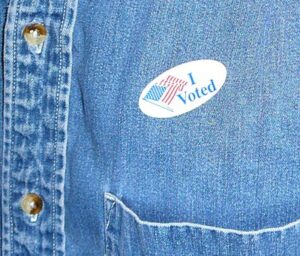Ninety days ago, the US economy was operating at full employment. Ninety days ago, the US also logged its first confirmed case of coronavirus. In three months, the economy has sagged under record unemployment claims. The virus has overwhelmed large portions of the US healthcare system. The virus has demonstrated how few healthcare workers, hospitals and resources we have to treat so many people. To address this, the State of Maine is offering free college to laid off workers.
The “free college” doesn’t apply to all programs of study. Instead, Maine uses its community colleges to provide free, rapid training to people entering the healthcare industry. It is also offering free college only to workers who have lost their jobs. The program essentially meets two needs: first it creates more healthcare workers at a time when the state desperately needs them. Second, it provides out-of-work citizens with the opportunity and the resources to make a career shift.
While this particular program uses state funds to fill employment needs, there’s nothing stopping community colleges from using this free college model to meet other local employment needs. For example, a particular area experiences a shortage of workers in a specific industry. If the industry needs workers with an associate degree (60 hours), that would require an investment per worker of about $7,500. Training a cohort of 25 students would cost less than $200,000.
Using some combination of grant funding, industry support, and federal or state retraining funds, a community college could offer a free college degree to students who enroll in a sponsored program of study. The students get training that costs them nothing, and the industry gets fully trained workers. The college gets degree-seeking students whose studies are paid in full.
Sounds like a plan.
Photo Credit: Mike Cohen, via Flickr


















